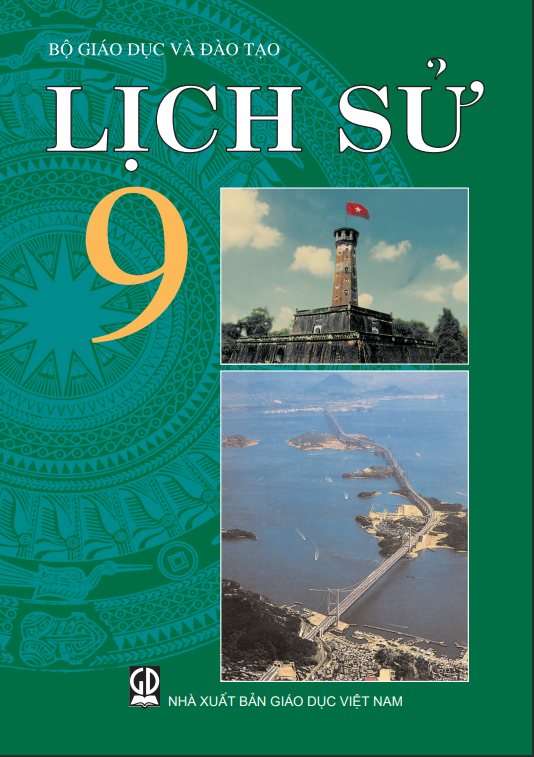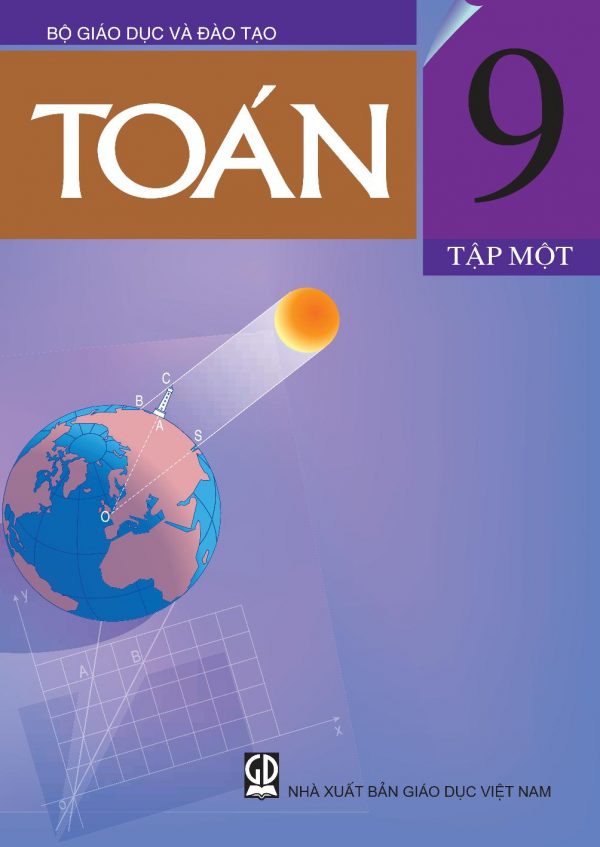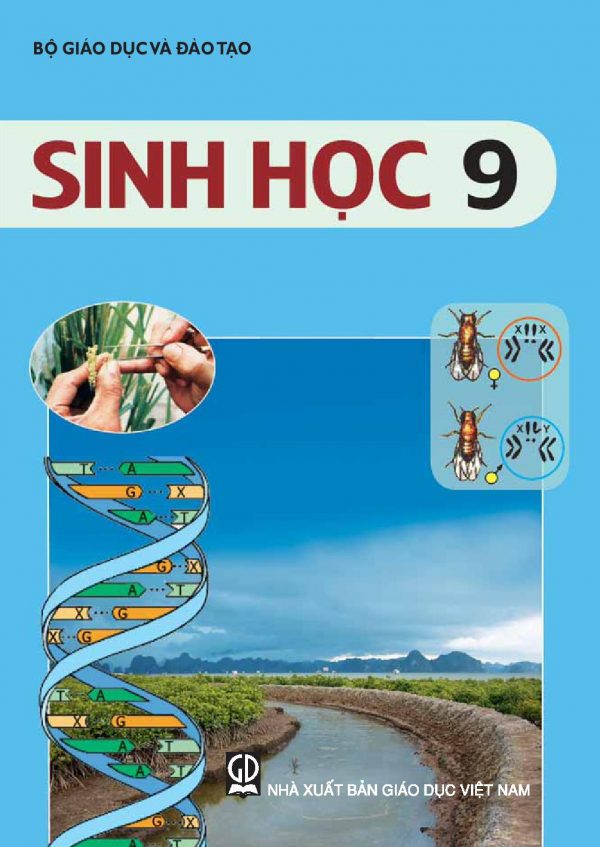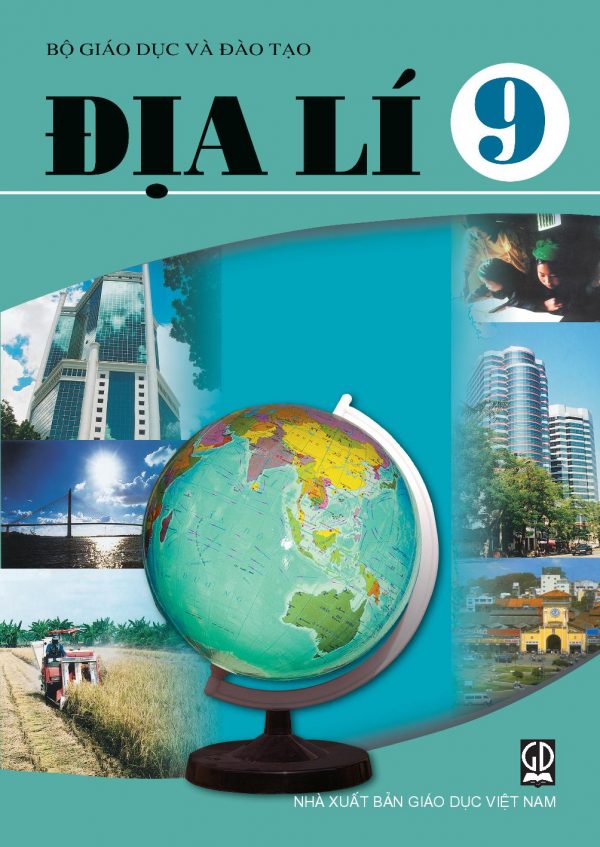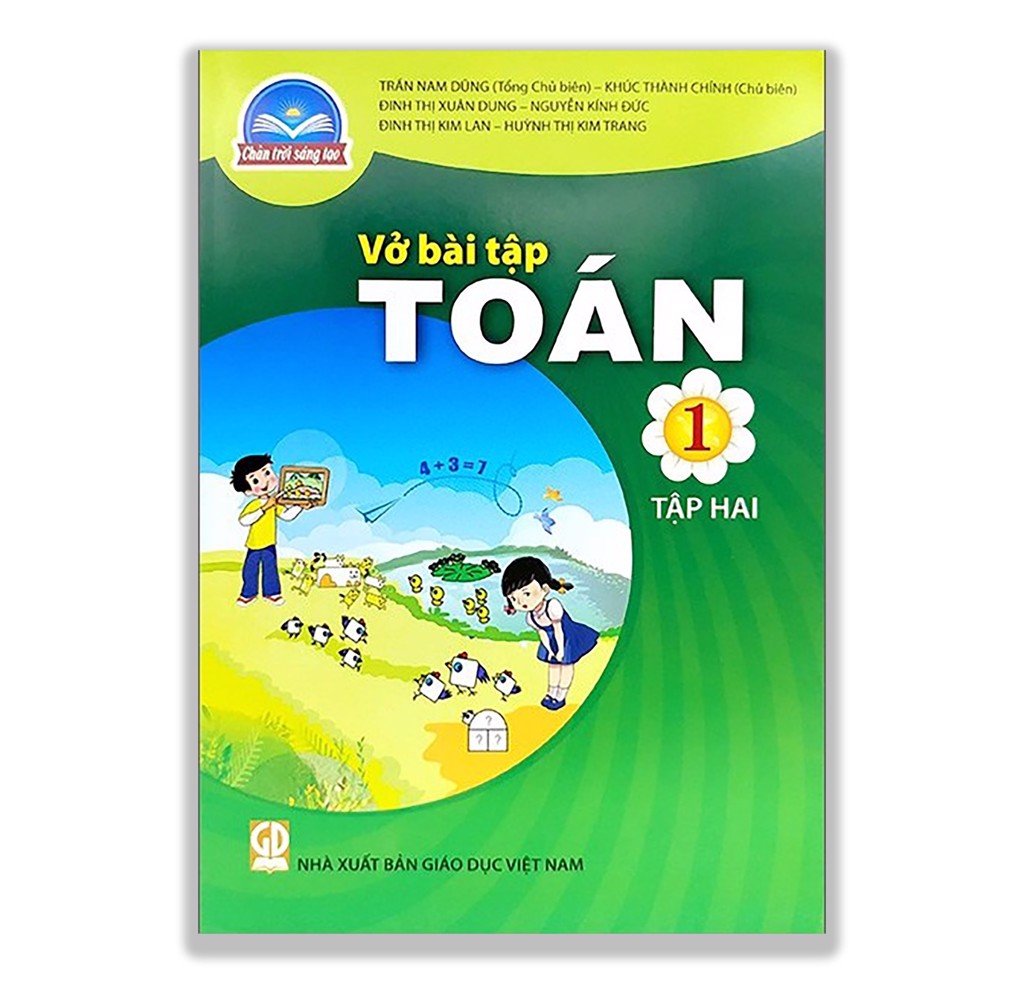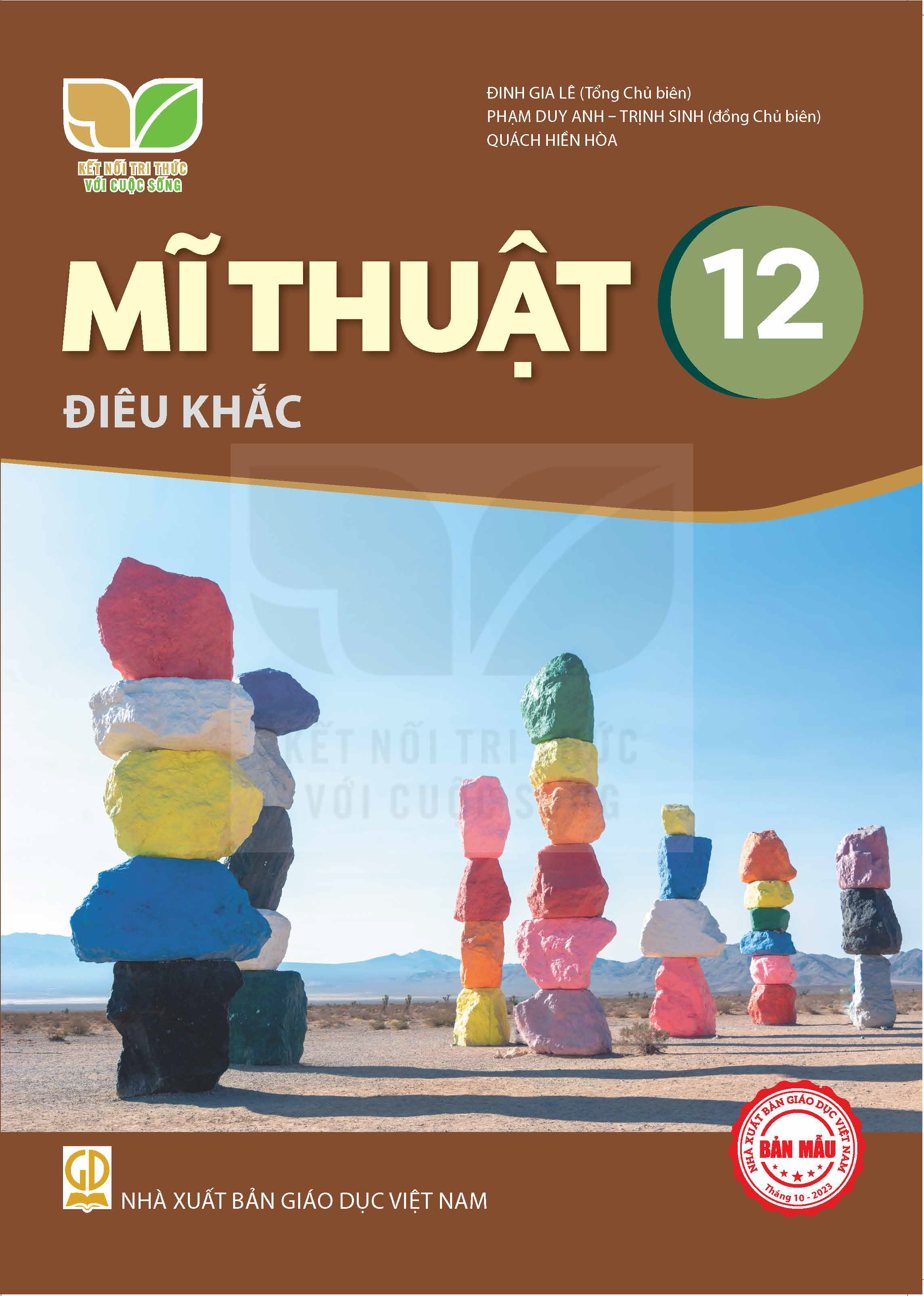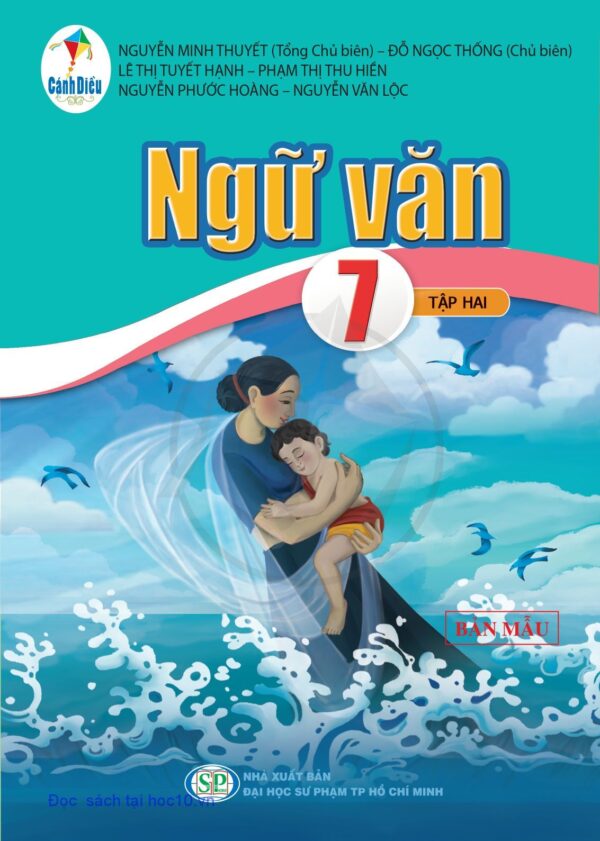(Page 106)
👉A CLOSER LOOK 1
Vocabulary
1. Write a word or phrase from the box under each picture.
| habitats flora and fauna grassland nature reserves food chain poles |


1. __________ 2. __________ 3. __________ 4. __________

5. __________ 6. __________
2. Complete each sentence with a word or phrase from 1.
1. In a _____, some animals eat other animals and become food for a third group of animals.
2. A _____ is often wide and its plants are mostly grass and flowers.
3. Areas of land to protect animals and plants are called _____.
4. The North and South _____ are both extremely cold and icy.
5. Natural _____ for pandas are bamboo forests.
3. Choose the correct answer A, B, C, or D.
1. When humans use a natural habitat for farming and housing, they cause _____.
A. climate change
B. global warming
C. habitat loss
D. ecological balance
2. When Earth's average temperature increases, we face _____.
A. ecological balance
B. global warming
C. pollution
D. protection
3. Each of us can lend a hand to _____ the natural environment.
A. hunt B. change C. preserve D. pollute
4. We can keep a(n) _____ by stopping hunting and cutting down trees.
A. ecological balance
B. habitat loss
C. climate change
D. nature reserve
5. One way to _____ Mother Earth is by planting more trees.
A. keep B. harm C. provide D. protect
Pronunciation
Rhythm in sentences
💡Remember!
When we speak English, we place stress on certain syllables in a sentence. The combination of stressed and unstressed
syllables produces rhythm in spoken English.
4 Listen to the sentences and pay attention to the bold syllables. Does the speaker place stress on them? 🎧
1. Earth is the third planet from the Sun.
2. Oceans, seas, rivers, and lakes are water bodies.
3. The North and South poles are extremely cold and icy.
4. Do moonquakes last up to half an hour?
5. Preserving natural resources is very important.
5. Circle the stressed syllables in the sentences. Listen, check, and repeat. 🎧
1. We're doing a study on climate change.
2. What is the distance from Earth to Mars?
3. They'll have a discussion on natural habitats.
4. Plants provide us with food, oxygen, and energy.
5. Our school organised various activities on Earth Day.


